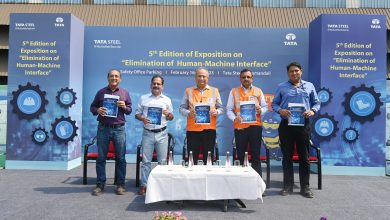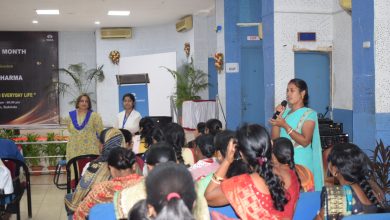
Cottack – The government needs to take swift action . If there is a complaint and there is information about the crime of mis-use of social media in the first place, then the police need to file it as soon as possible. The High Court said the police should investigate such allegations without delay. The bench comprising Justice SK Mishraand justice Sabitri Rath made the verdict after hearing a petition on social media about the juvenile’s objectionable video on social media. Dangerous activities such as posting offensive videos on social media are now a problem for the younger generation. This is especially true for young women.
The bench said it was the responsibility of the state government not to allow such misuse of social media. The bench also directed the Jagatpur police station IIC to investigate allegations of juvenile offence on social media. If necessary, the police will take action to investigate the incident and raid the accused’s home. The bench emphasized the need for urgent action by the police in this regard and directed that the report be submitted at the next hearing. The next hearing in the case is set for December 15.. The juvenile was rescued while the case was pending. But the accused was accused of harassing the minor by posting offensive videos on social media.




